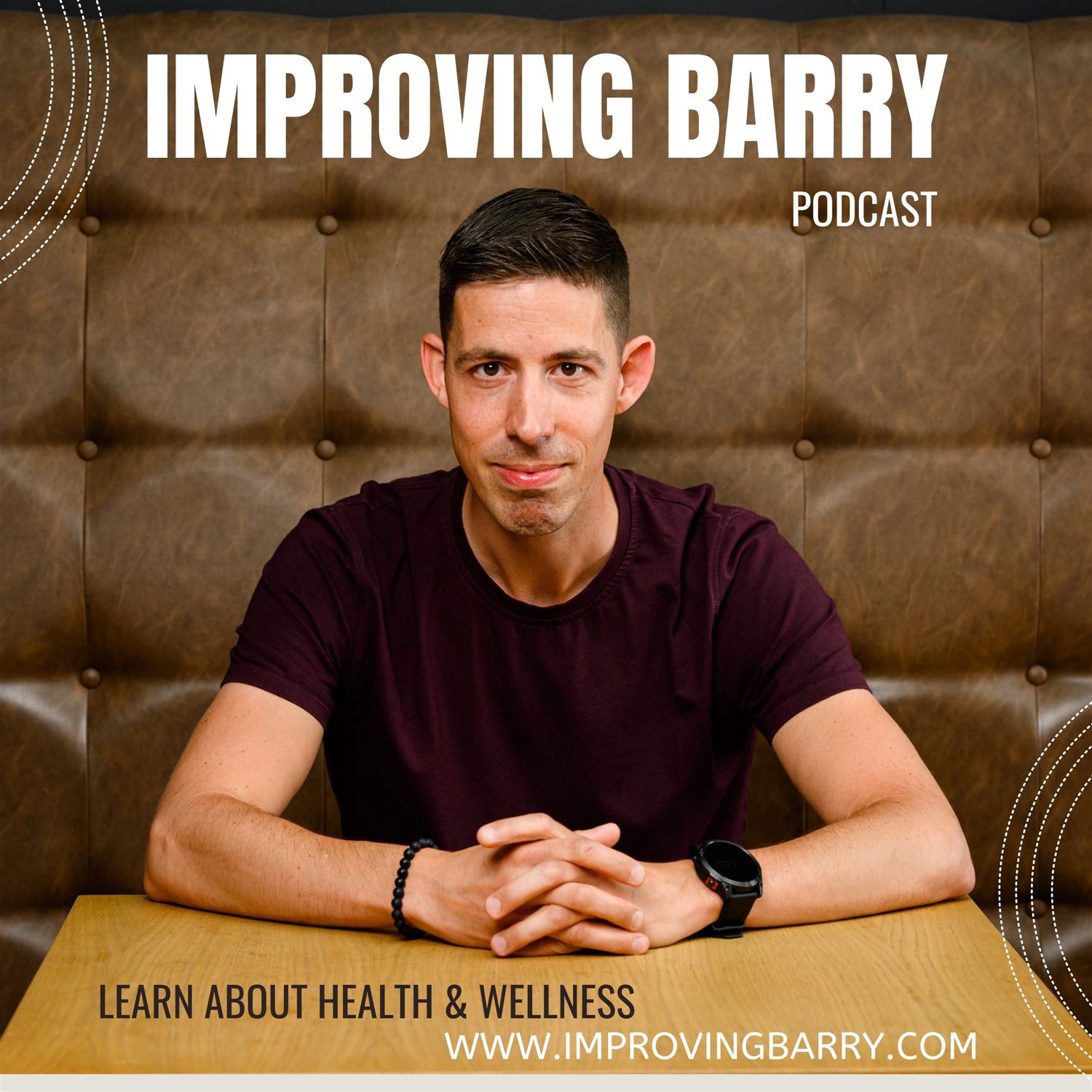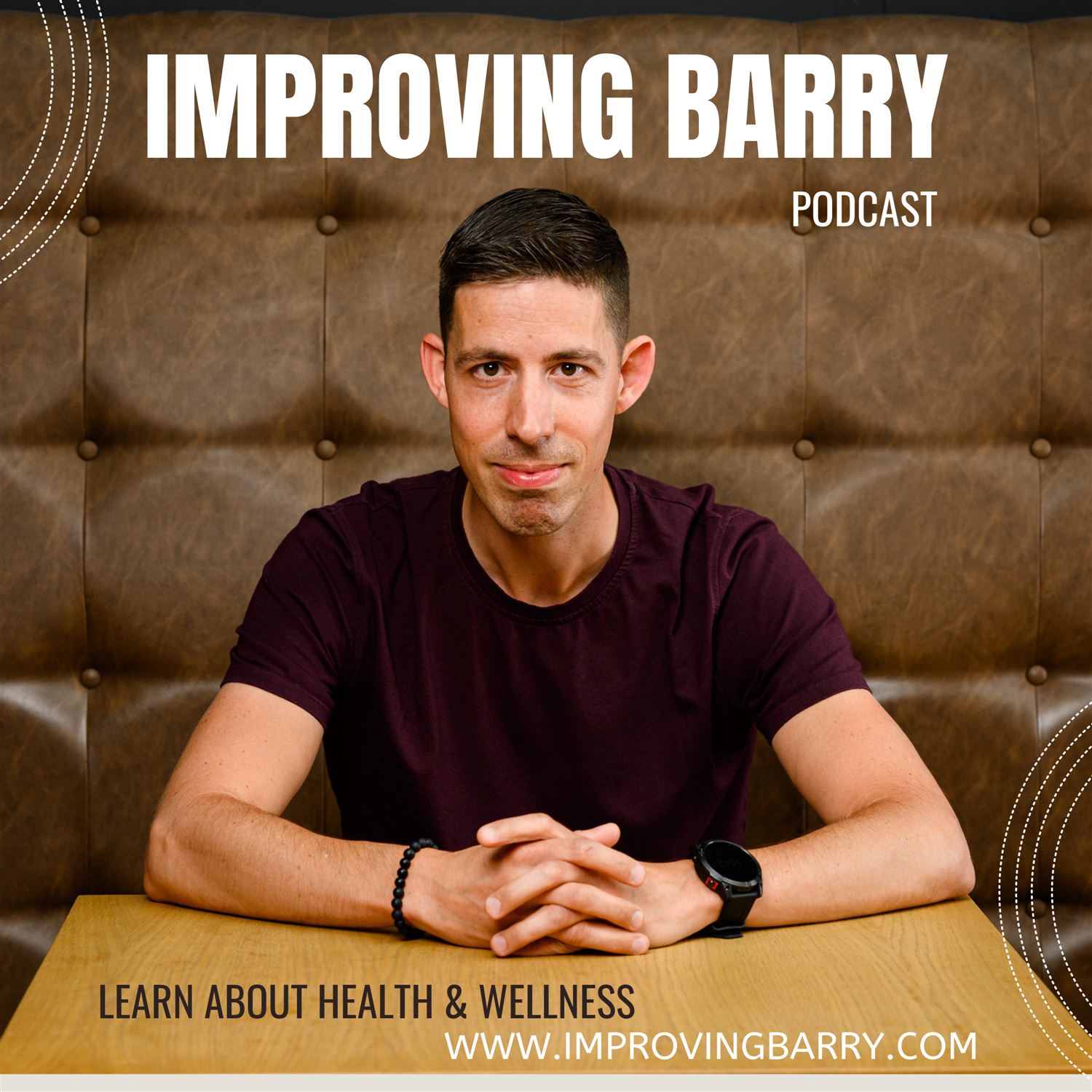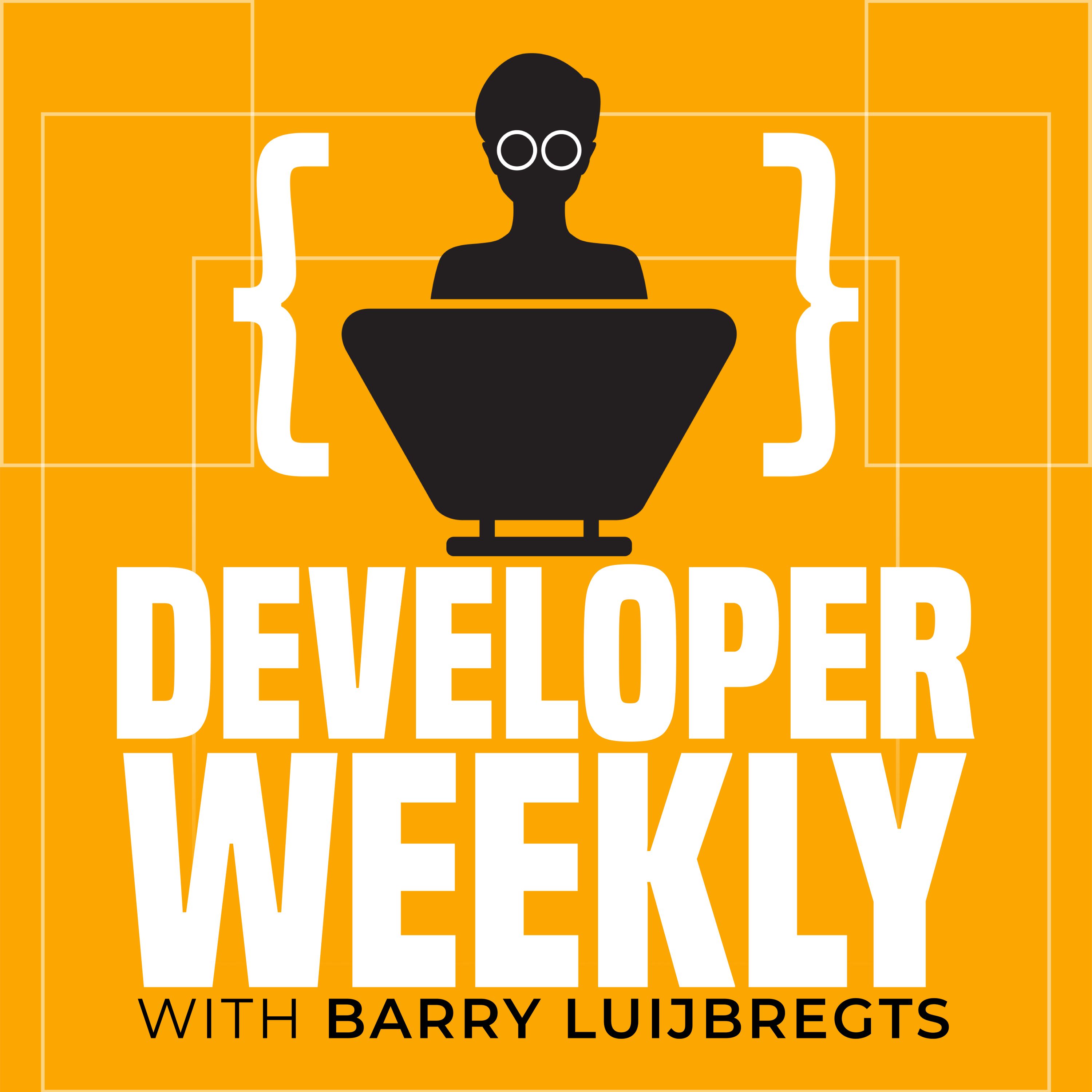01 May 2023
Saturated fat, Vegetable oils, Mediterranean diet and Positivity with Nina Teicholz - E35

In this episode, I talk with Nina Teicholz, a research journalist, best selling author and overall advocate for health and good nutrition and truth. We talk about:
- Why we fear saturated fat (and why we shouldn't)
- Vegetable and seed oils
- The Mediterranean diet
- Positive changes in the field of nutrition science and health
- And more…
You can find Nina here:
- Her website: https://ninateicholz.com/
- On Twitter: https://twitter.com/bigfatsurprise
- Nutrition Coalition: https://www.nutritioncoalition.us/
- Nina's SubStack: https://unsettledscience.substack.com/
- Nina's book "The Big Fat Surprise": https://www.amazon.com/Big-Fat-Surprise-Butter-Healthy/dp/1451624433/
-------------------------------------------
For the full transcript, visit: https://www.improvingbarry.com
Episode timing:
00:00 Introduction
01:13 Why are we told that saturated fat is bad?
09:34 What was recommended to replace saturated fat?
20:24 Is the Mediterranean diet healthy?
27:08 What should we eat?
34:13 Who can we trust?
41:41 Have things changed since the book was released in 2014?
50:00 Outro and disclaimer




